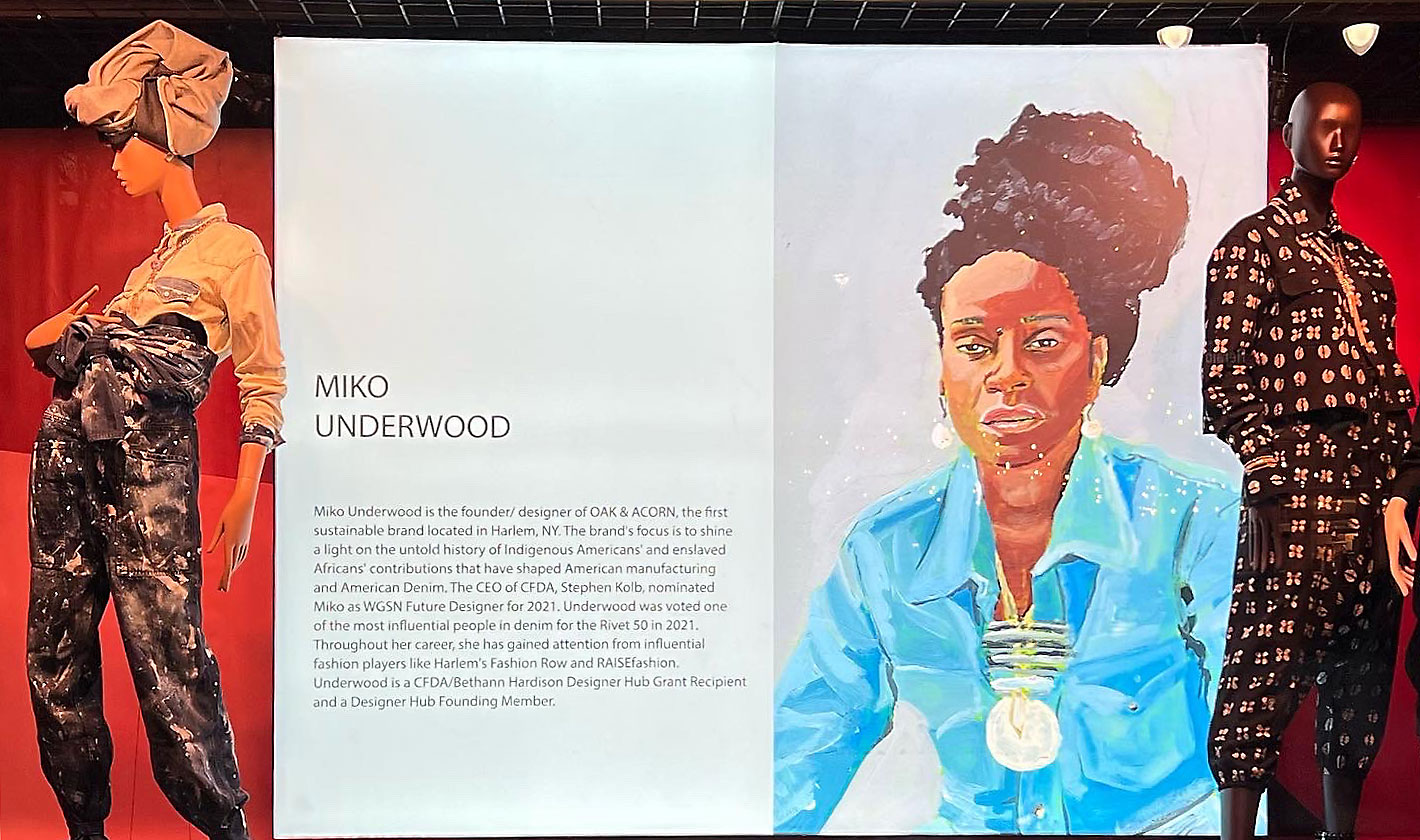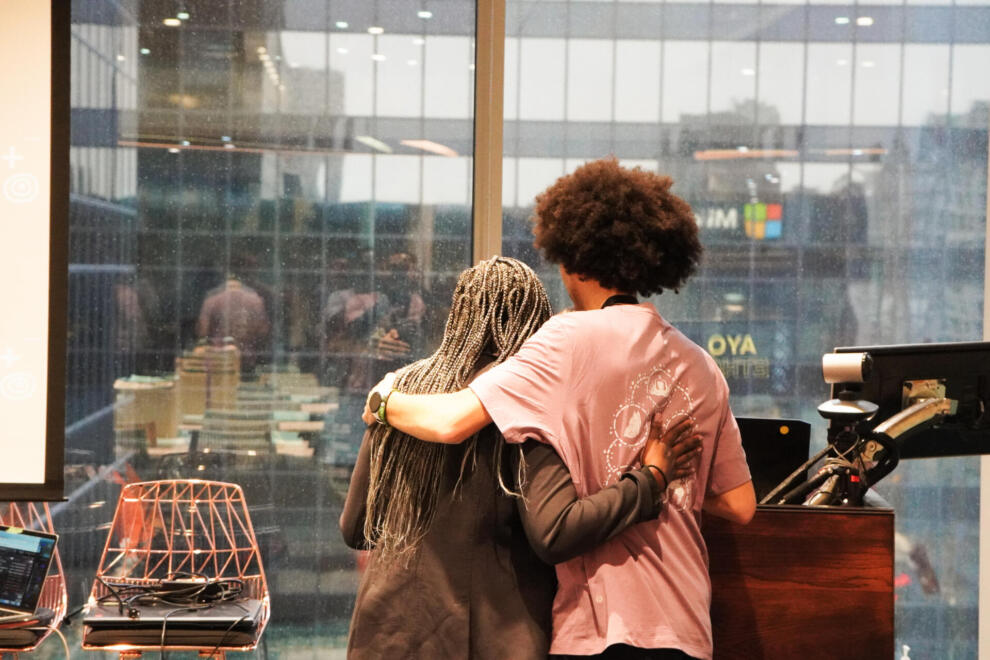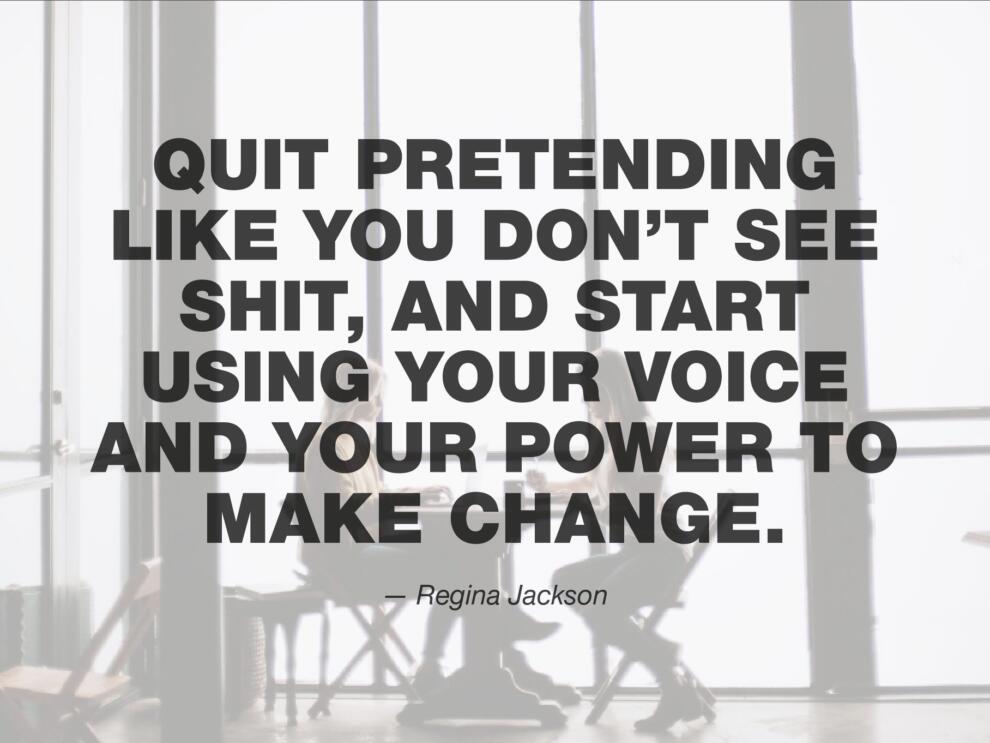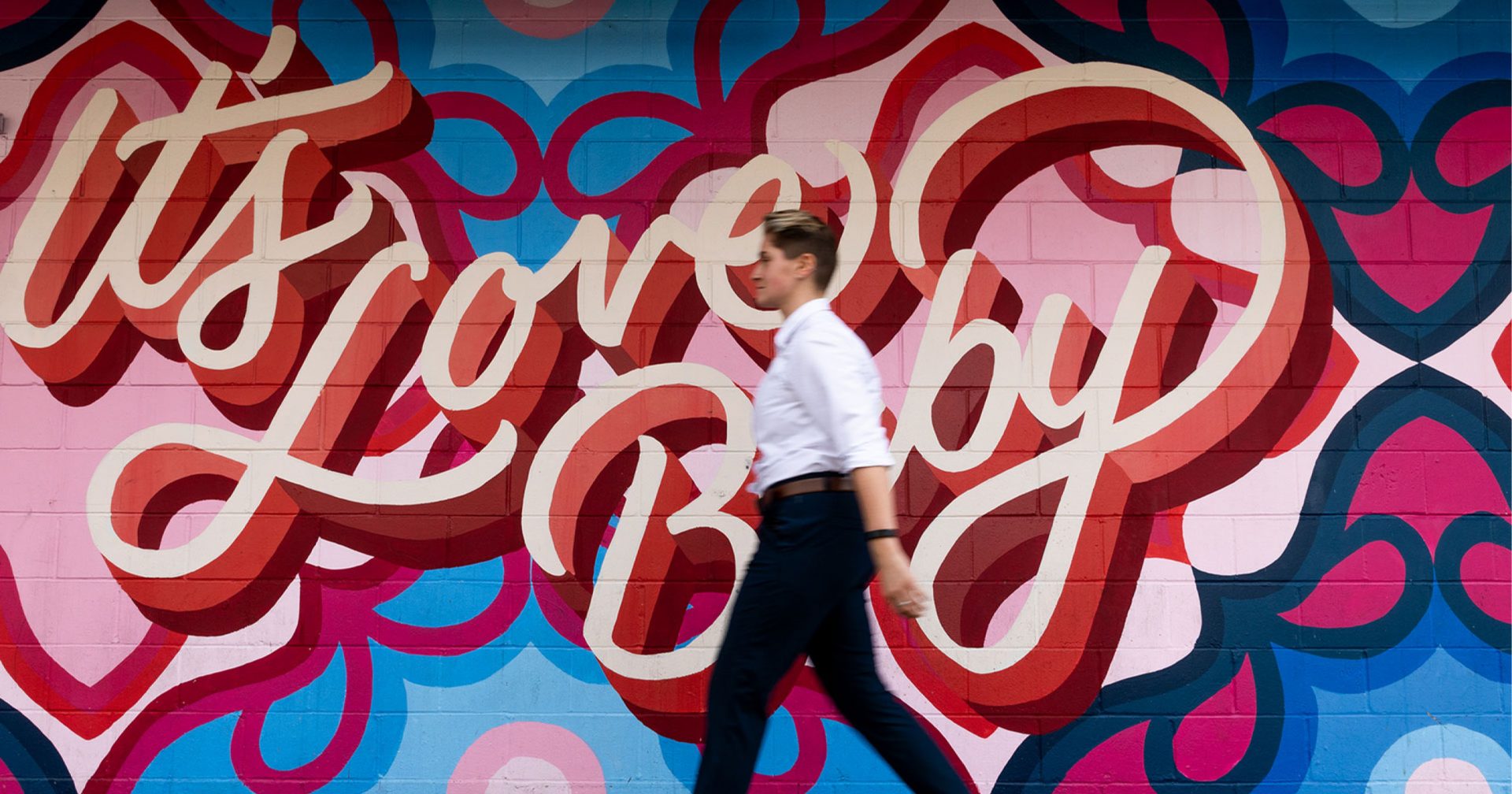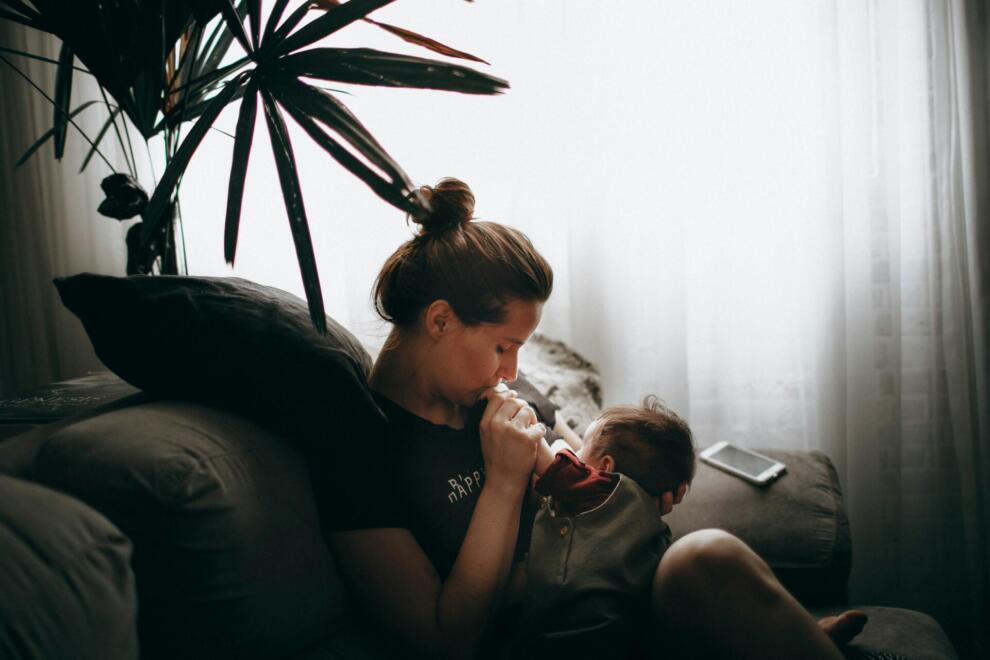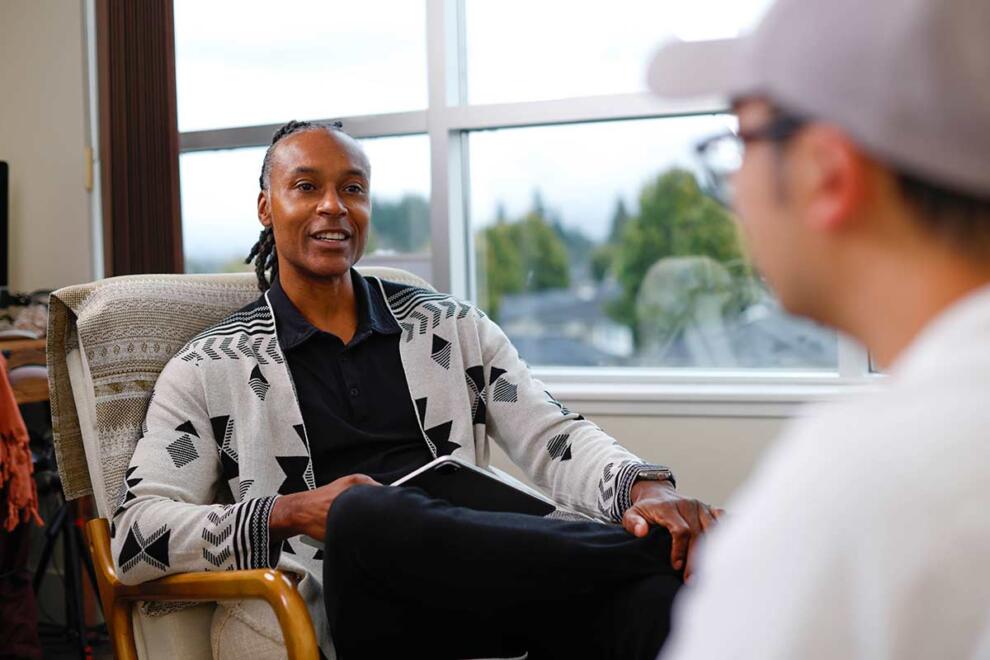Black Girls in Archives: Fighting for a Place in History, One Document at a Time
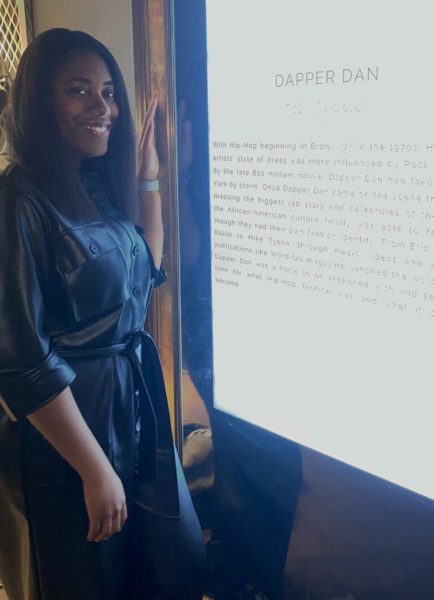
Armani Mines is igniting a movement. As a fashion archivist and historian, she understands that the stories we preserve shape our understanding of the world. Armani knows that Black history has too often been overlooked or misrepresented within traditional archives. Her work is about more than a career – it’s about reclaiming narratives and ensuring Black women get to write their own place in history. This passion led her to found Black Girls in Archives.
Armani has a Bachelor’s degree in History and Fashion Merchandising and has taken coursework in a dual Master’s degree in Costume Studies & Information and Library Science at NYU. “My goals have always been based on becoming an asset and an extraordinary contributor to the preservation and influence of Black culture on major industries,” she says.
Armani has moved through New York’s fashion world with her keen archival insight and passionate commitment to justice. She interned with Harlem’s Fashion Row, an agency dedicated to creating opportunities for designers of colour within the fashion industry. Armani’s passion for archival work strengthened as she completed archival internships at Hood by Air, The Hip-Hop Museum and the Gates Preserve. “I am a dedicated leader in the historical preservation of the Black experience,” explains Armani of her passions. In 2023, she was a contributing writer for Fashion in Color, Harlem Fashion Row’s debut coffee table book.
Historic and Ongoing Underrepresentation
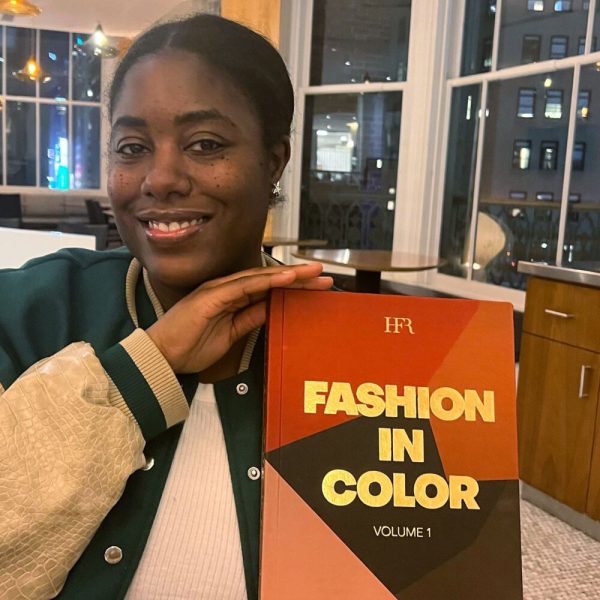
The absence of Black voices in archives is a direct consequence of historical oppression. Black communities have often been denied the resources or platforms to document their own experiences. Even when materials are preserved, a lack of Black archivists can lead to misinterpretation, rejection or undervaluing of these collections. A 2021 study published in the American Archivist Journal found that descriptions of archival materials related to Black history frequently contained outdated, biased, or even offensive language, revealing the urgent need for Black perspectives in shaping these narratives.
John Hope Franklin, the renowned African American historian, laid bare the experience of archiving as a Black scholar. Growing up under Jim Crow in Oklahoma, he endured systemic and interpersonal racism. He documented many of his stories and was a pivotal figure in archiving the experiences of Black communities in a world intent on erasing them. In his 1963 essay, “The Dilemma of the American Negro Scholar,” he recounted his attempt to access the North Carolina State Department Archives. His presence alone caused a panic.
“My arrival created a panic and emergency among the administrators that was, itself, an incident of historic proportions. The archivist frankly informed me that I was the first Negro who had sought to use the facilities there and as the architect who had designed the building had not anticipated such a situation, my use of the manuscripts and other materials would have to be postponed for several days, during which time one of the exhibition rooms would be converted into a reading room for me,” Franklin wrote.
Beyond the Institution: Community Archives
From an intersectional lens, we know that Black women are even more likely to be erased from history. In response, Black women are often at the forefront of building community-led archives that challenge the dominance of traditional institutions. Projects like the Black Lesbian Archives, Weeksville Heritage Center, and Documenting the Now demonstrate how communities are taking ownership of their own histories. These archives prioritize documenting everyday Black experiences, often with a focus on social justice. Their accessibility and emphasis on living history offer a more inclusive and empowering approach to preserving the past.
Armani’s initiative, Black Girls in Archives, continues this legacy, seeing history as a dynamic force that connects to present-day struggles and concerns.
“Archives aren’t just dusty shelves,” Armani insists, “They hold power. They shape how we understand the world, who we think matters, and whose stories are worth telling.” Black Girls in Archives fights against the notion that Black history is a niche interest. They advocate for it to be recognized as an integral and dynamic part of the broader cultural landscape.
Armani isn’t just building individual careers through Black Girls in Archives; she’s targeting the root causes of underrepresentation. Her organization provides mentorship, combats imposter syndrome common in spaces where Black women are a minority, and advocates for better pay and working conditions within GLAM (Galleries, Libraries, Archives and Museums) institutions. It’s about recognizing that a few token hires won’t disrupt oppressive power structures. True change requires collective action and dismantling barriers at every stage of the pipeline.
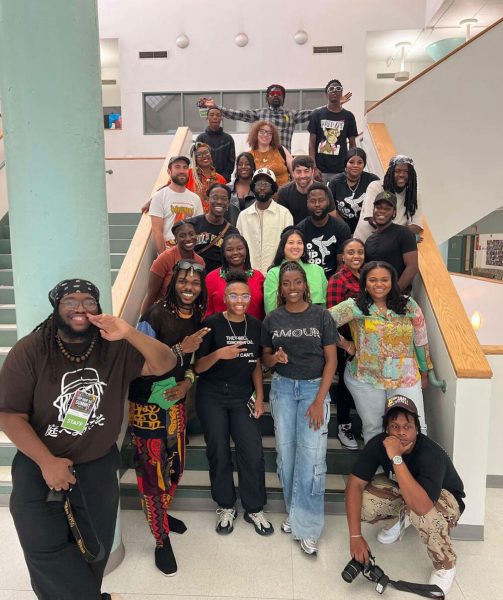
Black Girls in Archives’ vision extends beyond just getting Black women into traditional archives. They uplift the importance of community-led archival projects. These grassroots initiatives allow Black folks to document their stories on their own terms, ensuring that personal photos, family histories, and records of activism don’t end up lost or intentionally erased. “Preservation is a ritual within Black community. We have been doing this for generations. We’ve preserved our history with songs, photographs, writings, various item collections and our stories. We pass them down. Truly in some way, we all are already archivists,” says Armani.
Black Girls in Archives is a testament to the power of Black women refusing to let their stories be forgotten, distorted, or erased. Their determination is paving the way for a future where the archives reflect the full richness and complexity of the Black experience – a future where history is documented with authenticity, justice, and pride.
- Question Everything: The next time you visit a museum or an archive, ask yourself: whose stories are centred? Whose voices are missing?
- Diversify Your Research: Seek out archives and collections that specifically focus on Black history and experiences.
- Support & Donate: Organizations like Black Girls in Archives and projects like the Documenting the Now initiative actively work to address archival disparities. Your financial support is crucial.
